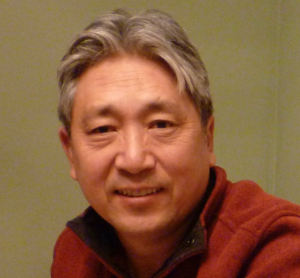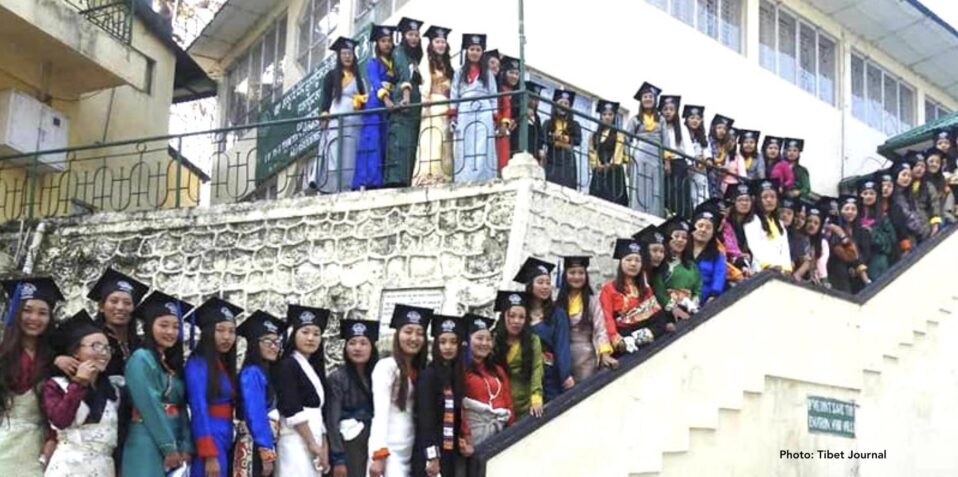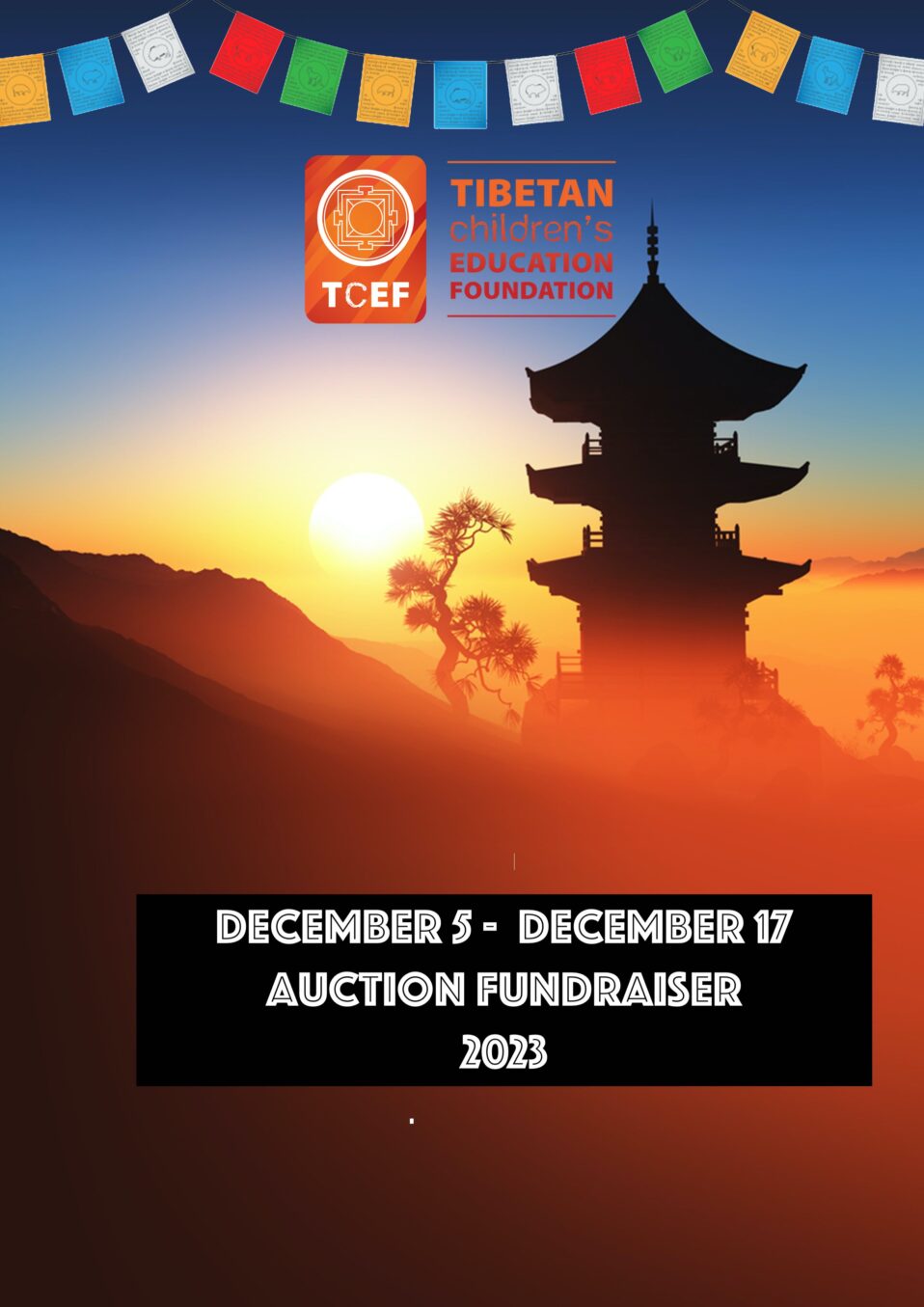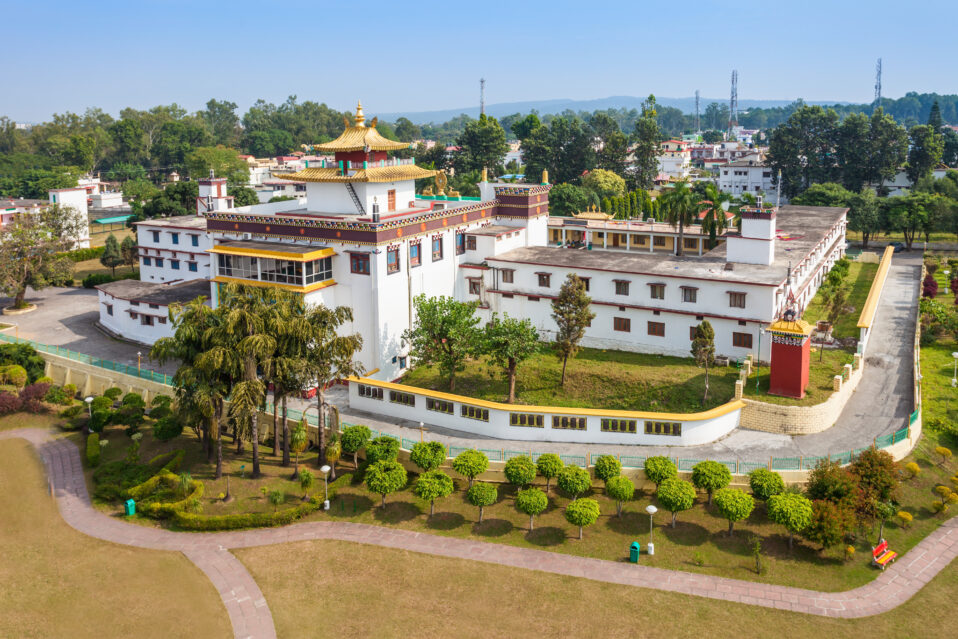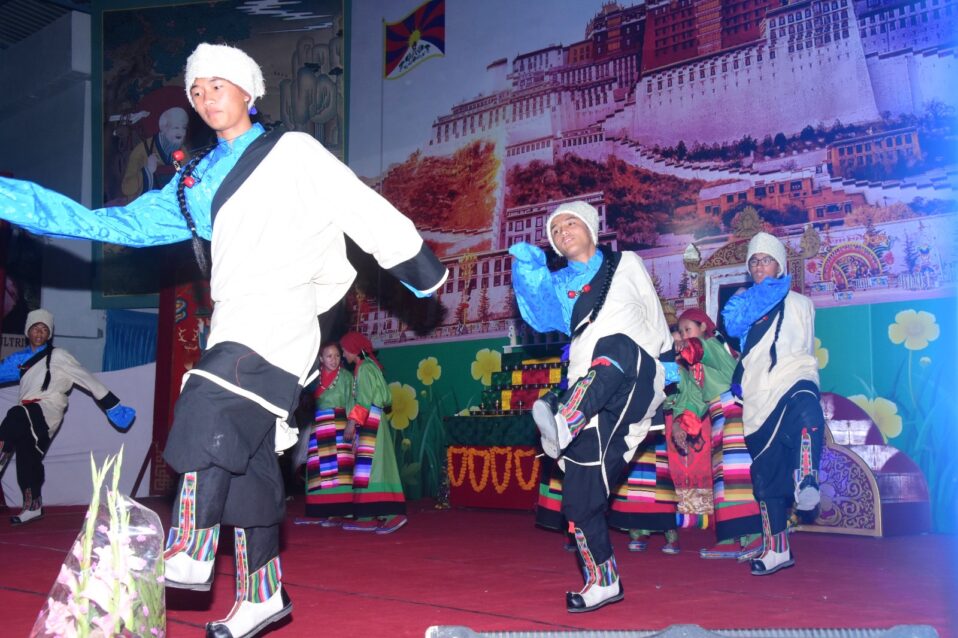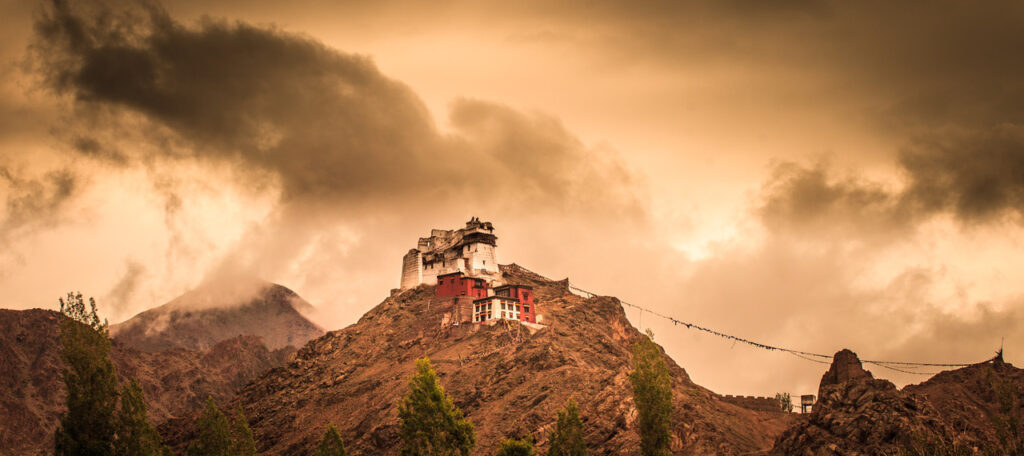
As a Tibetan refugee, I’ve experienced a unique world. I’ve been thrown into the depths of poverty, yet life contrived to give me opportunities and a way to live in Montana, of all places. My life has been this fascinating blend of contradictions – being stateless for nearly sixty years, yet enjoying so many blessings. Thrust into exile as an infant by the Chinese occupation of Tibet; we begged our way through the lower Himalayan tribal belts till we found a semblance of haven at Dharamsala, Northern India, where HH The Dalai Lama had chosen for his headquarters. Growing up, I led this double life, where in the summers, I would be in this private school with tennis courts and a swimming pool, and I slept in between sheets. In the winters, I would be home with my parents – faced with the stark realities of extreme poverty.
My sponsored education transformed my life and helped me to become a teacher. Life continued to be fulfilling but simple till I crossed paths with India Supera, started traveling with her, and started experiencing another world altogether. Aside from seeing life beyond my little school, I found myself in the environments of 5-star hotels. This connection to India would pave the way for me to come into this country and begin another chapter of unique experiences in this country. The sum of my varied life experiences, in a way, provides me with a unique perspective. Having experienced all the poverty and deprivations of life puts me in a place where I can truly appreciate all the blessings in life, where I can, from the center of my experiences, write this piece on gratitude and appreciation versus entitlement. Here are my top 5 picks to feel grateful for:
1. Water
Over the past 18 years, like most Americans, I’ve had hot and cold water at the turn of my faucet. Yet, I remember growing up when hot water was a luxury we did not have. Things were so different. One incident still makes me blush with embarrassment: When we first arrived in Dharamsala as refugees, the children were sent to this one holding place – a temporary school, till the authorities found schools for us in different areas. I was six then, and I suspect I had eaten something terrible because I had a severe bout of diarrhea! One night I wet myself, and I was terrified. What if that very strict monitor found out? Worse still, what if one of the teachers found out? Shivering with fright and cold, my sister and I had to walk some twenty minutes to a nearby stream. That is how difficult access to water can be.
We always hear of India being this sweltering place, which is true. But the winters, especially in the lower Himalayas, can be excruciatingly cold. Every morning millions of children brave the cold, wash and bathe in freezing cold tap water. If you’ve experienced that, as I have, every time the comfort of warm water touches the palm of your hands or your face, you feel a sense of gratitude.
Water scarcity is becoming a real issue in places like India. Every summer, hundreds of people will jostle for prime spots as they crowd around a water tanker delivering water to thirsty residents on the plains of India. Sometimes these distributions can even lead to water riots! Aside from the luxury of hot water, its sheer abundance here is a blessing that so many take for granted.
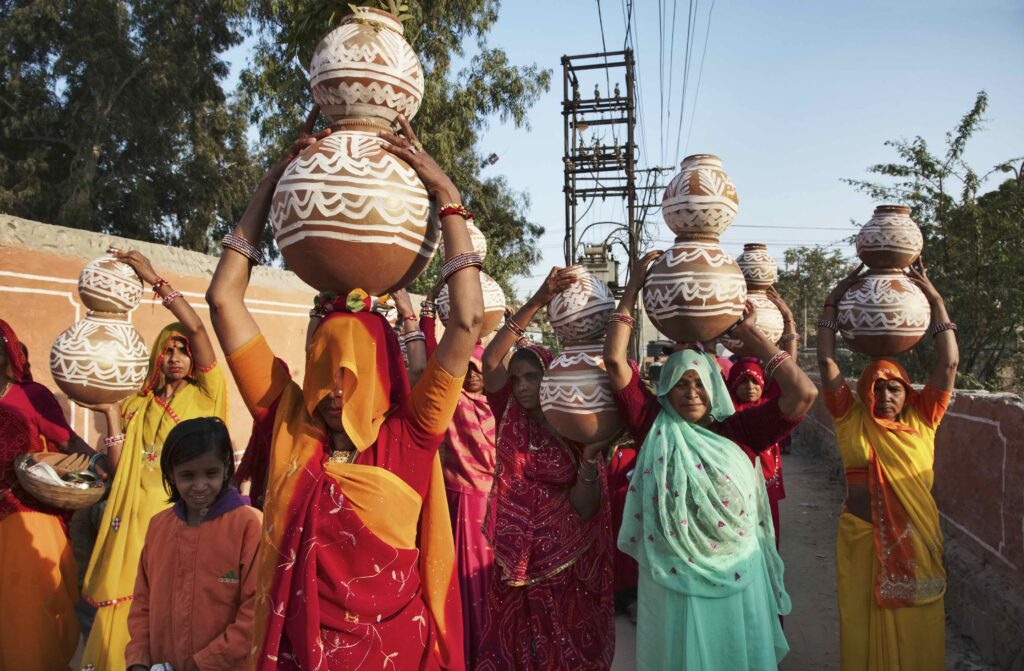
2. Space
We could see the lesser Himalayas from our settlement at Clement Town on a clear day. Nestled at the foothills is the charming town of Mussoorie – a summer resort for the British. Between that lovely hill station and my settlement was a medium-sized town called Dehra Dun. In the seventies, it used to be quite a charming place by itself, and on the tourist maps, Mussoorie and Dehra Dun would be juxtaposed.
Over the years, for a variety of reasons, the population of this town exploded. It is now near the million mark from a city of about 200,000, and for me, it became almost an epitome of the sheer crowding and suffocation that ensued from the bludgeoning population.
The heart and pulse of the town was Paltan Bazaar, the main shopping area. The street was lined with hundreds of shops on both sides selling almost everything conceivable – everything from “human eyes to horse’s horns”, as we would exaggerate in nomadic Tibetan! It used to be fun to walk and shop down the streets of the Paltan Bazaar. Unlike Walmart or the big shopping corporates, all the shops were small but owned by different people. So you met hundreds of different owners and salespersons, all with different personalities, and most were eager to engage and please you. So there was shopping, banter, bargaining, and then there were the people. Over the years, one could see how the crowding kept increasing – to the point where it no longer became that much fun. Still, people shopped because they needed to.
On Sunday afternoon, Gensang and I were on another shopping/strolling session on this street. It was incredibly crowded, and then it happened – a human-walking traffic jam. For a few seconds, and I’m sure it wasn’t more than that, the section where we walked came to a complete halt. There was simply no space for anyone to move; each of us was pressed so tightly to the other that we simply could not move. My heart immediately started to pound. Then, as it often happens in India, miraculously, something shifted somewhere, and somehow we found a way to move forward.
But this incident gives the reader a sense of the possible space constraints in other parts of the world that I’ve experienced myself.
The Tibetan settlement where I lived was a little heaven tucked away next to a national park. But during my travels in India, I’ve come across slums where the poverty and crowding are so extreme; that you’d think I’m making this up. The slums on the outskirts of Mumbai are notorious, and I think the world got some memorable visuals of them in the movie Slumdog Millionaire. I’ve come across poor neighborhoods stitched together with cardboard, tins, and an occasional brick – where families are separated by no more than a couple of meters. Against this background, the individual space people had in places like Montana was overwhelming and incredible. It took some getting used to!
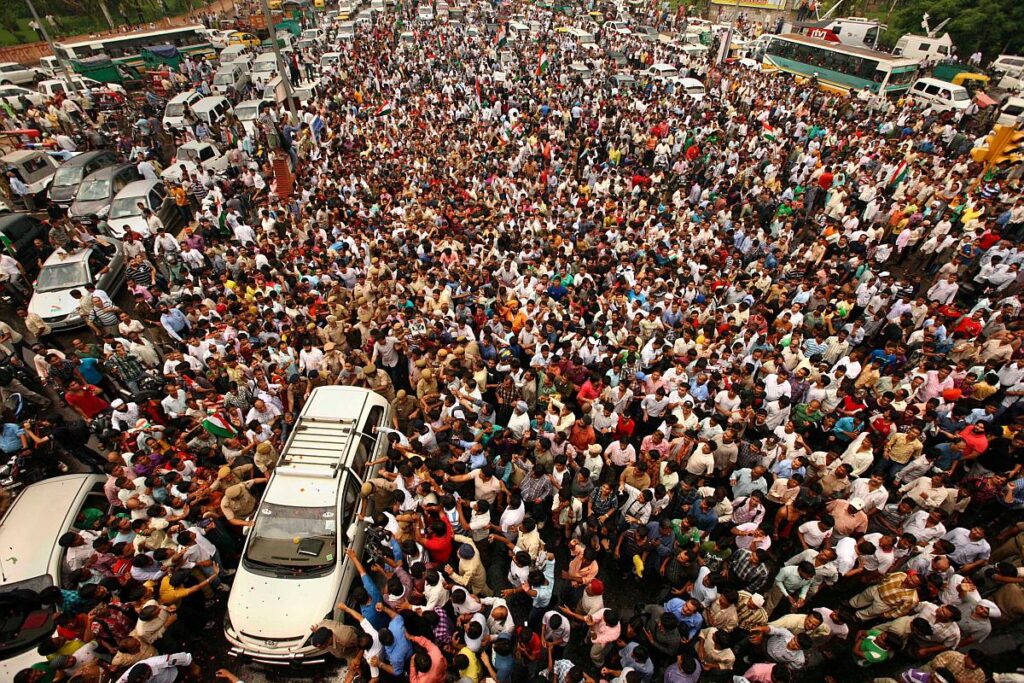
3. Warmth
The winters here in Montana can get brutally cold. I’ve personally known times when it reached -20 degrees. So when it gets cold here, it can really get cold. But, when you are not out and about, you can be in the comfort of our heated homes – a huge blessing.
In India, I’ve never experienced -20 degrees F, but we also did not have any heating in our homes – our cement homes. So when the winters set in and you had a bit of rain, the cold and damp would be there with you all the time – both outside and inside our brick and cement homes.
I’ve had friends from Montana visit the Tibetan community at Clement Town during the winters and feel a cold they’ve never quite experienced here. Again, the crucial difference is that you cannot escape the cold without a central heating system. From Clement Town, you can see the surrounding foothills of the Himalayas, but it is part of the Doon valley. The Himalayan tribal belt and all the hill stations like Dharamsala are much colder. So coming to Montana, one would ordinarily not expect me to pick warmth as an item of gratitude. Still, people with the warmth of heated homes and heated cars have a massive reason to be grateful for.
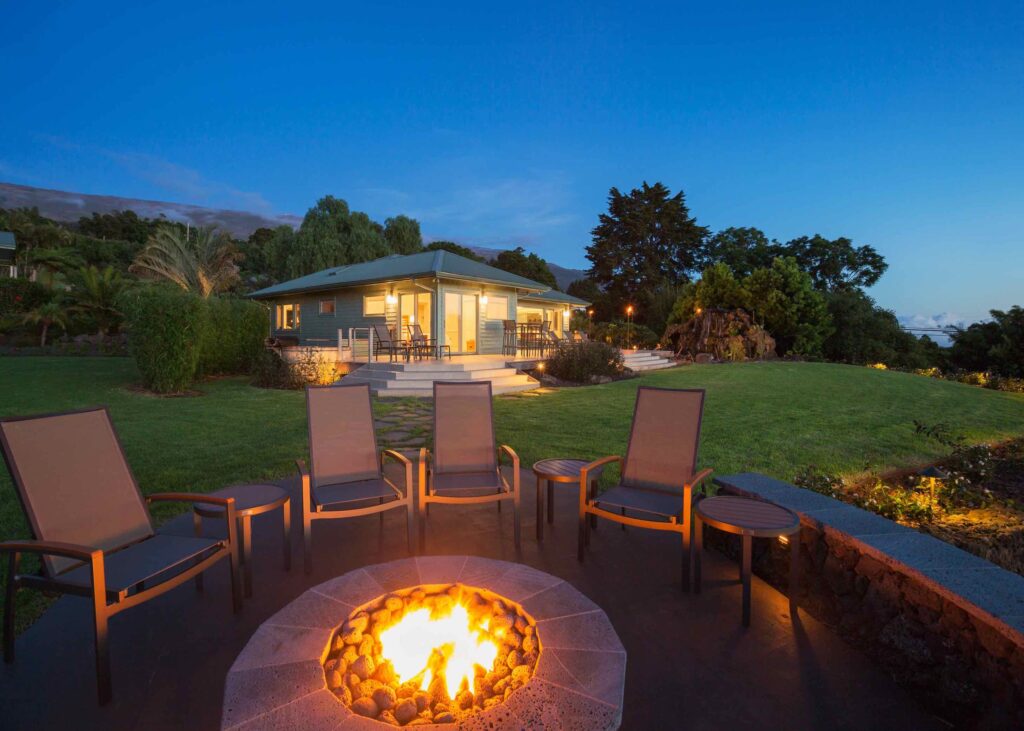
4. Roads
The monsoons are brutal for Indian roads. Over the years, I’ve seen shoddy road construction work combined with a ferocious monsoon to make commuting and travel a nightmare on many Indian roads.
I realize that traffic congestions and rush hours are now a global problem. Still, things are especially problematic in India because of its unique circumstances. From my own experience, more than the highways, the commute within a city is genuinely challenging.
From my settlement at Clement Town to the nearest town of Dehra Dun is roughly 7 miles. Once you hit the city’s outskirts at a Saharanpur Chowk crossing, the traffic will slow down to a crawl. The problem is easy to understand; the roads are too narrow for all the cars and trucks. With businesses on both sides, widening it is a considerable challenge. Meanwhile, relative prosperity and a booming middle class translate to an increasing number of vehicles on the roads.
I’ve been too timid to drive in Delhi. The sheer number of vehicles of all shapes and sizes is just too intimidating for me. Parts of Delhi, especially New Delhi, have excellent roads. But in some parts of old Delhi, you must experience it to believe it. You can literally travel faster on foot in some of these areas than in a car. And, if you look closely at the vehicles, you will be hard-pressed to find even a single car without a ding or a dent. It just takes infinite patience to live and drive in those conditions.
In contrast, the roads in America are fantastic. On the interstate, there is almost a sense of freedom and mobility. Even on my first glimpse of this country, the thing that most caught my attention was the interstate.
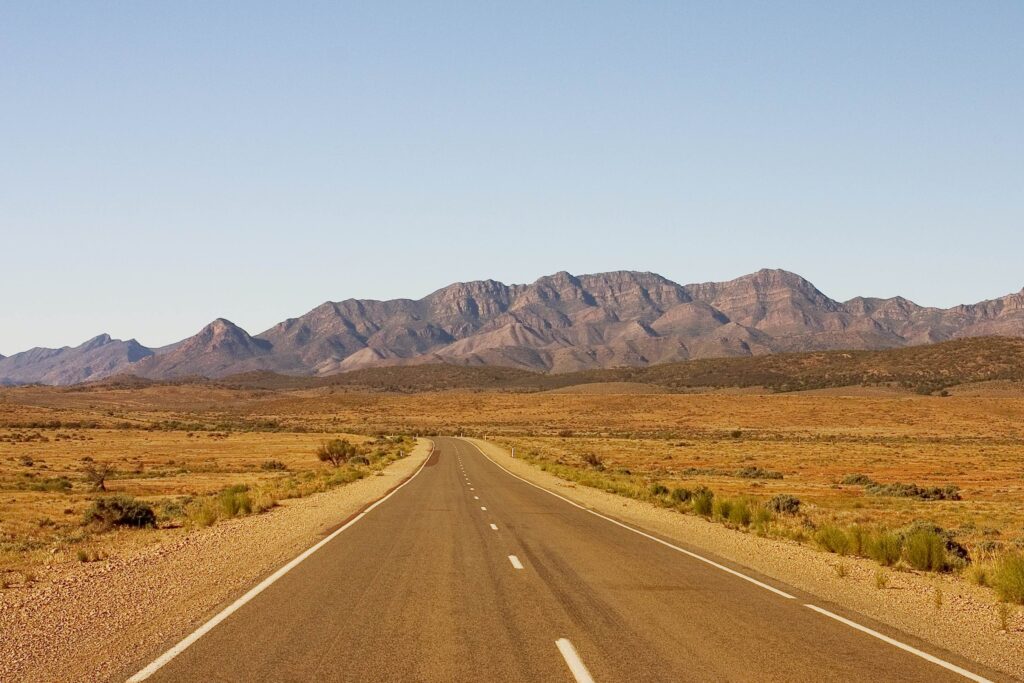
5. Country
Yes – a country to call one’s own. Most people don’t get out of bed in the morning feeling grateful to have a country! But, if you’ve been a stateless person for over six decades, as I have, sometimes you genuinely miss having a connection and a country to call your own. It’s like the air we breathe. In our day-to-day lives, we take the oxygen we have for granted. Yet, if someone is deprived of it, we quickly realize how much we need it.
The international airport in New Delhi is undoubtedly one of those places where you miss a country and your national passport. As refugees, we are issued special Identity Certificates that should be no problem – at least in India, where they are issued in the first place. But immigration officers in India often view our papers with suspicion and greed. Often they will take more time processing them, turning over pages as if each contained a dark secret code or maybe even some kind of national secret. All this time, you are a nervous wreck because you are stateless and have no real rights, and you don’t know what dire consequences the man behind the desk is about to prescribe!
Another time you have this pang of desire for a country is when all the nations of the world, together with their colorful and proud flags, gather together, say for a plenary session of the United National General Assembly or, even more prominently, at the Summer Olympics. I’ve watched many Summer Olympics opening ceremonies with wide eyes and sometimes with a rueful face. It is a spectacle to see the athletes of the world march or stroll around the main stadium proudly carrying their national flags. I’ve missed the Tibetan flag so much!
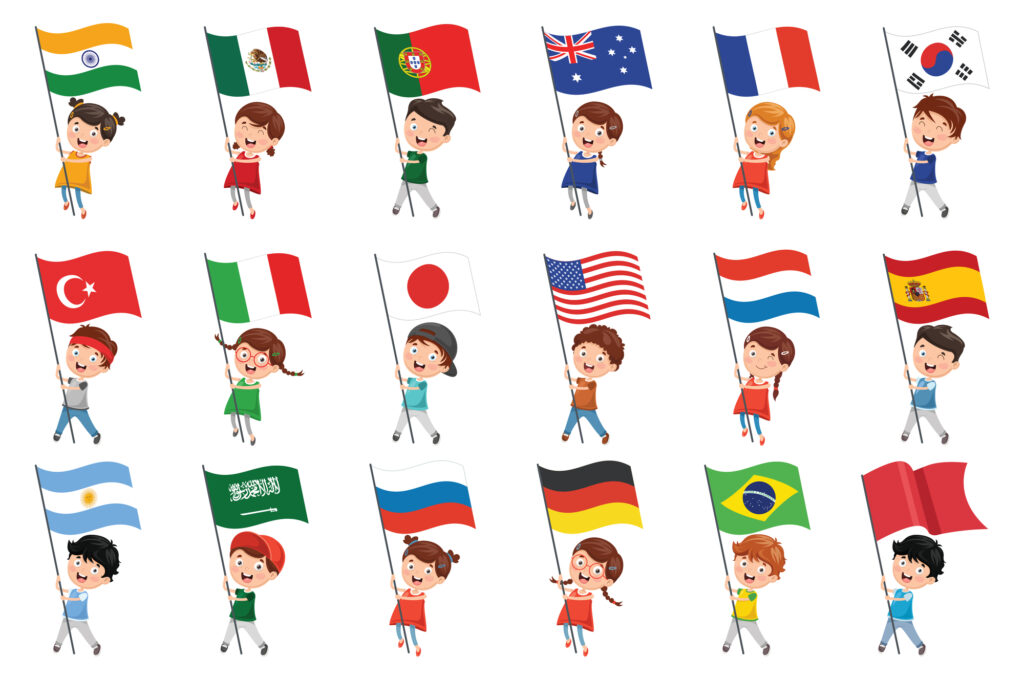
In reflecting on the varied experiences of my life, I’ve felt that most folks here in the West are blessed with a good quality of life. One problem is that at least folks here are not always aware of how different life can be for people in other parts of the world. If only they knew how difficult and different even the most minor things could be, they’d find a new attitude and feel blessed and happy. Indeed, it is with this same hope that I wrote this article.
